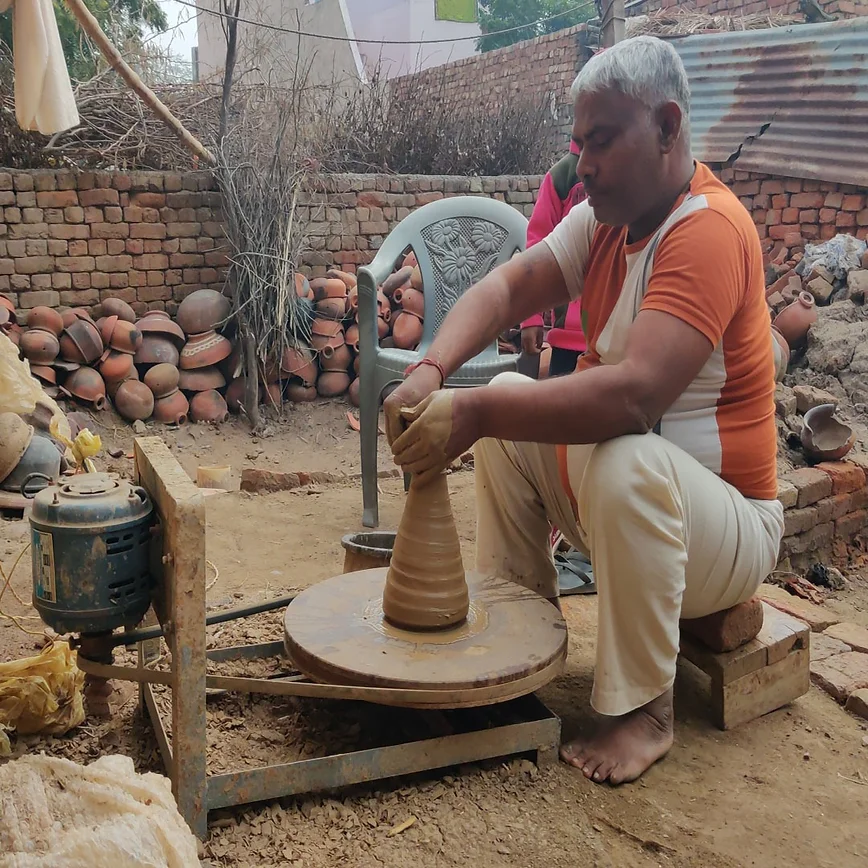Home
About Us
Page 2
Essentially, this program has been established to make use of the aforementioned "omics" technologies to develop predictive modeling processes of infectious disease initiation, progression and outcome.
|
|
The guidelines of the grant requires that the applicants develop a program that has a solid foundation on data analysis and mathematical modeling to identify, quantify, model and predict the architecture and dynamics of systems-wide host/pathogen molecular interaction networks, including metabolic, regulatory and signaling networks, at different stages of infection.
The program hopes that the State-of-the-art next-generation sequencing, transcriptomics, proteomics, metabolomics and other high-throughput "omics" technologies could successfully enable the efficient generation of very large experimental data sets that can be integrated to build/train predictive computational models of complex biological systems.
To support these initiatives, the NIH is set to administer funds in the amount of $13,000,000.
The institutions and organizations who will be deemed eligible to participate this program are the following:
a) State Governments
b) County Governments
c) City or Township Governments
d) Special District Governments
f) Independent School Districts
g) Public and State Controlled Institutions of Higher Education
h) Native American Tribal Governments
i) Nonprofit Organizations
j) Small Businesses
k) Private Institutions of Higher Education
OMICS Technologies For Predictive Modeling of Infectious Diseases Program
Back to Page 1
About The Author Michael Saunders is an editor of TopGovernmentGrants.com one the the most comprehensive Websites offering information on government grants and federal government programs. He also maintains Websites providing resources on environmental grants and grants for youth programs. |
Additional Resources
category - Health Grants
HRSA: Reducing Loss to Follow-up after Failure to Pass Newborn Hearing Screening
The Collaborative Islet Transplantation Registry Program
US Agency for International Development Announces Funding for Food and Nutrition Technical Assistance
Exploratory Grant Award to Promote Workforce Diversity in Basic Cancer Research
Follow @topgovtgrant
Social Entrepreneurship
Spotlight
Reviving Ancient Indian Art Forms – Empowering Artisans Towards Entrepreneurship

Rivaayat is an initiative by Shri Ram College of Commerce, Delhi to revive various dying art form and solve innumerable problems faced by the artisans. Rivaayat began with reviving a 20,000-year-old art form of pottery that is a means of survival for 600 families residing in Uttam Nagar, Delhi.
